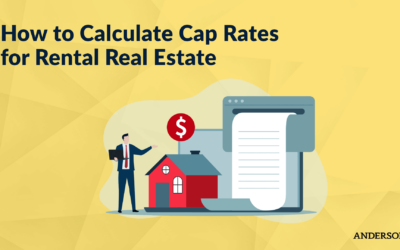In this episode of Coffee with Carl, attorney Carl Zoellner goes over a basic tenet of asset protection: separating your business from the assets it owns.
Updated September 9, 2020
If you own an active business that owns real estate, listen up! It’s important to separate the active business itself from the assets it owns. This is a basic asset protection strategy, but it’s a crucial one.
There are several scenarios where this strategy is relevant, including doctors who own the property from which they run their practices, residential assisted living facilities, and many more. Basically, this strategy is relevant to anyone who both owns an active business and owns the property from which that business operates. This is a fundamental tenet to protecting your assets.
Oftentimes, I see clients who put both the active business and property into one entity. This is not advisable, however, because one of the cruxes of asset protection is: the liability of one thing inside the LLC “box” can reach anything else inside that “box.” If a liability-causing issue arises and the active business is sued, the plaintiff’s attorney could go after all the assets held within that one entity: both your active business and the property.
How It Works
The active business and the real estate must be held by separate legal entities. I recommend putting the real estate into its own state-specific LLC, set up in the state wherein the property resides. Then, have that LLC owned by a Wyoming LLC, also known as a holding company. This is the same strategy used for rental properties. By having the state-specific LLC held by the Wyoming LLC, you extend the protections offered to LLCs in Wyoming to your state-specific LLC. This structure also offers anonymity of ownership.
Then, run your active business out of a separate legal entity. For active businesses, the best entities are corporations (or LLCs taxed as corporations) because of the preferential tax treatment of income.
Now that you have two entities, how do they interact with each other? Since they’re two separate legal entities, they should treat each other as such. Thus, you should have the corporation lease the property from the state-specific LLC to run your active business.
Ultimately, this is relevant to many clients who I see running active businesses out of real estate they own. My advice is always the same: you have the ability to separate the active business from the assets it holds, and you should. This way, the liability that may face one won’t affect the other.
Watch as Carl covers some of the fundamental principles of asset protection.
Resources mentioned in this video
Check out our Tax & Asset Protection Workshop for more real estate strategies
Subscribe to our YouTube channel for even more free business resources
Got an idea for a future Coffee with Carl? Send it to Carl at cwc@andersonadvisors.com.
BONUS VIDEO
Free Strategy Session with an Anderson Advisor
Receive a detailed risk assessment to assist in lowering problem areas that could wipe out all of your assets with one wrong move. Speak with an Anderson Professional Advisor to get your FREE Strategy Session. Limited-Time offer: FREE (a $750 value.)











